The Art of Listening in the Early Church
It would not be a wild overestimate to suggest that around two-thirds of the early Christian texts which we now read were originally spoken, rather than written, and were intended for hearers, rather than readers. They sounded, resonated, and impressed themselves upon the mind and memory through the ear rather than the eye. A significant part of this literature consists of sermons, which were often delivered ex tempore and recorded by a secretary, perhaps for later revision. Similarly, the records of ecclesiastical conferences, or public debates with heretics, are written transcriptions of originally spoken words. We also possess catechetical addresses, perhaps prepared by the bishop in advance, but almost certainly delivered directly to those who were being inducted into the faith prior to baptism. Other texts were perhaps originally written down, but even they are records of what was intended to be spoken aloud and heard by others: liturgical texts, creedal statements, prayers, poems, hymns, and, to an extent, letters.
{{comment.content}}
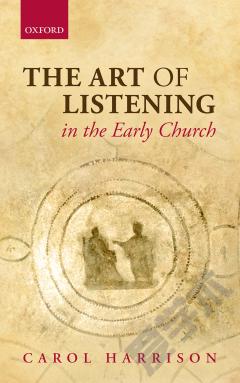

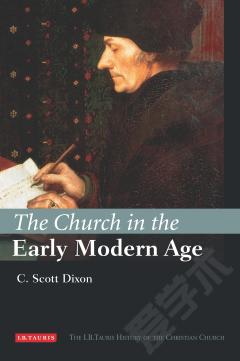
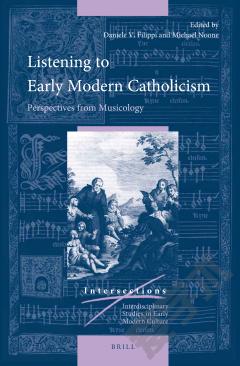
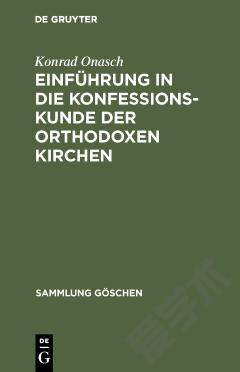
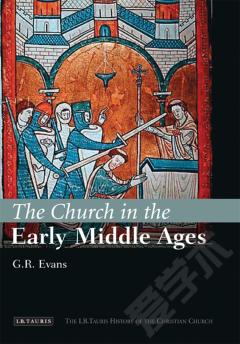
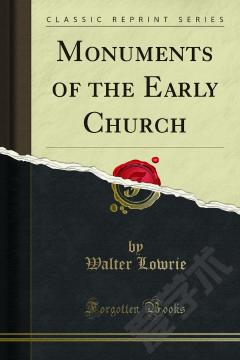

 京公网安备 11010802027623号
京公网安备 11010802027623号